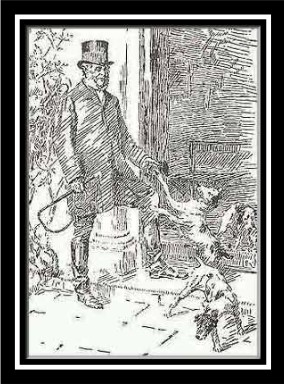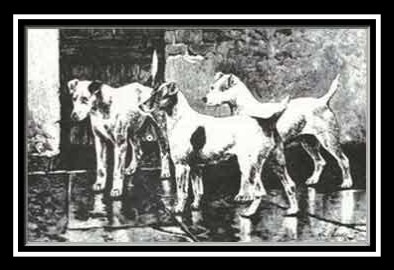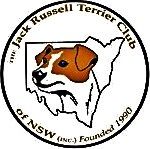History of the Jack Russell
Jack Russells are a breed originating from Britain. Today's Jack Russell's are characterized by two-tone or tri-color patterns of white, tan, and sometimes black. Modern day Jack Russell's are also much more sturdy and muscled than their ancestors.
Rev.John Russell
 The breed was originally known as the Fox Terrier. The breed was renamed in the late 1800s for the world renowned hunting enthusiast, Reverend John Russell. Russell was born in 1795 into a devoutly religious family that lived in the countryside of Dartmouth, England. Russell was educated at Blundell's School and would later attend Oxford University. By 1814 the nineteen year old Russell was associating with the nobles and aristocrats of England. It was at this time that the young man was invited to his first fox hunting expedition with a group that was led by the late Earl of Fortescue. Russell immediately fell in love with the sport fox hunting which would develop into a lifelong obsession. It was shortly after that the young man developed a keen interest in the breeds of dog often used by Fox hunting enthusiasts, in particular the Fox Terrier.
The breed was originally known as the Fox Terrier. The breed was renamed in the late 1800s for the world renowned hunting enthusiast, Reverend John Russell. Russell was born in 1795 into a devoutly religious family that lived in the countryside of Dartmouth, England. Russell was educated at Blundell's School and would later attend Oxford University. By 1814 the nineteen year old Russell was associating with the nobles and aristocrats of England. It was at this time that the young man was invited to his first fox hunting expedition with a group that was led by the late Earl of Fortescue. Russell immediately fell in love with the sport fox hunting which would develop into a lifelong obsession. It was shortly after that the young man developed a keen interest in the breeds of dog often used by Fox hunting enthusiasts, in particular the Fox Terrier.
Russell had a passion and understanding for the breed that is still highly regarded today. In the Fox Terrier, Russell saw the potential to create the world's finest hunting dog. By 1830 Russell would establish an intensive breeding program in order to create a breed that would meet the needs of any British hunter.
It is said that while he was still at Oxford, Russell was intrigued by a female British White Terrier named "Trump". What made Trump unique for a white terrier was that she had dark tan spots over her eyes, ears and tail. Trump was owned by a local milkman whom she accompanied on his daily rounds, door to door. When the young Russell saw the dog in the streets of Oxford on its daily route, he was immediately struck with an idea, and bought her from the milkman on the spot. Russell would soon use Trump as the foundation for his breeding program, breeding her with the standard Fox Terrier of the time in order to create a new, more distinctive coloring pattern, while still retaining the desirable traits already present in the breed.

Contact Details
Sarah Gaffikin - Club Secretary
Email: [email protected]
Phone: 0427 020 203
Mailling Address: PO Box 10, Coolah NSW 2843
